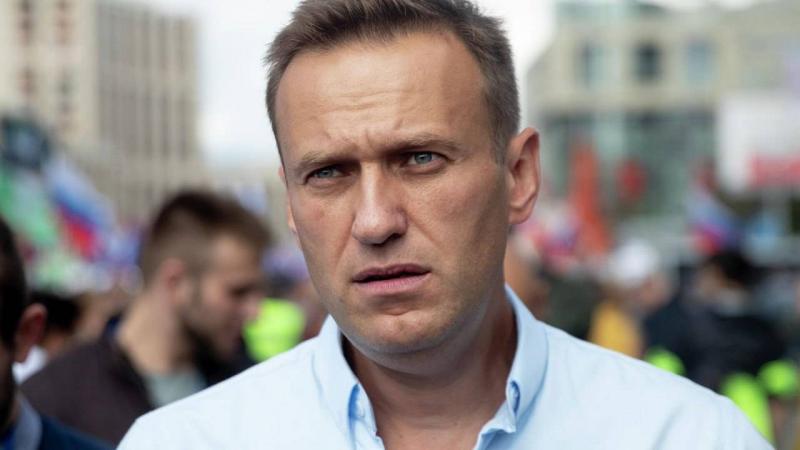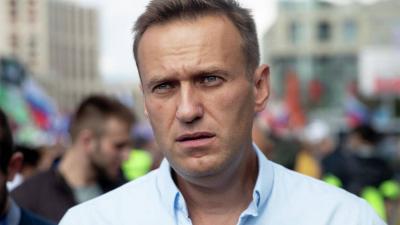Supporters of Russian political opponent Alexei Navalny have announced that prosecutors have requested the court, at the conclusion of his trial on Thursday, to impose an additional 20-year prison sentence on the incarcerated opponent on criminal charges that include extremism. The 47-year-old man has been undergoing a closed trial for a month at the IK-6 detention center in Melekhovo, located about 235 kilometers east of Moscow, where he is already serving sentences totaling 11.5 years for fraud and other charges he claims are fabricated to silence him.
Navalny, the most prominent and vocal opponent of President Vladimir Putin, is facing a range of new charges that they also allege are similarly fabricated to exclude him from political life. Court documents show that the charges relate to six different articles of the Russian criminal code, including inciting extremist activity, funding it, and establishing an extremist organization. Navalny's aides stated that the verdict is expected to be announced on August 4. It is practically unheard of to acquit opposition figures in Russia.
In his closing statement, Navalny told the court, "I am still fighting against this soulless evil that calls itself 'the authority of the Russian Federation.'" In a text provided by his aides, he said, "I am accused of inciting hatred against representatives of the authorities, special services, judges, and members of the United Russia party. No, I do not incite hatred. I only remember that a human being has two legs: conscience and thought." Navalny noted that there were only 18 people in court, seven of whom had their faces covered with black masks.
Navalny has earned admiration from various opposition factions for voluntarily returning to Russia in 2021 from Germany, where he was treated after Western lab tests indicated he was poisoned in Russia with a Soviet-era nerve agent. The Kremlin denied the alleged assassination attempt and stated that there is no evidence of his poisoning with such a substance. Navalny's supporters accuse Moscow of attempting to break his will in prison, where he spends long periods in solitary confinement. The Kremlin denies persecuting Navalny, framing him as a West-backed agent trying to stir political unrest, asserting that his case is purely a legal matter.




